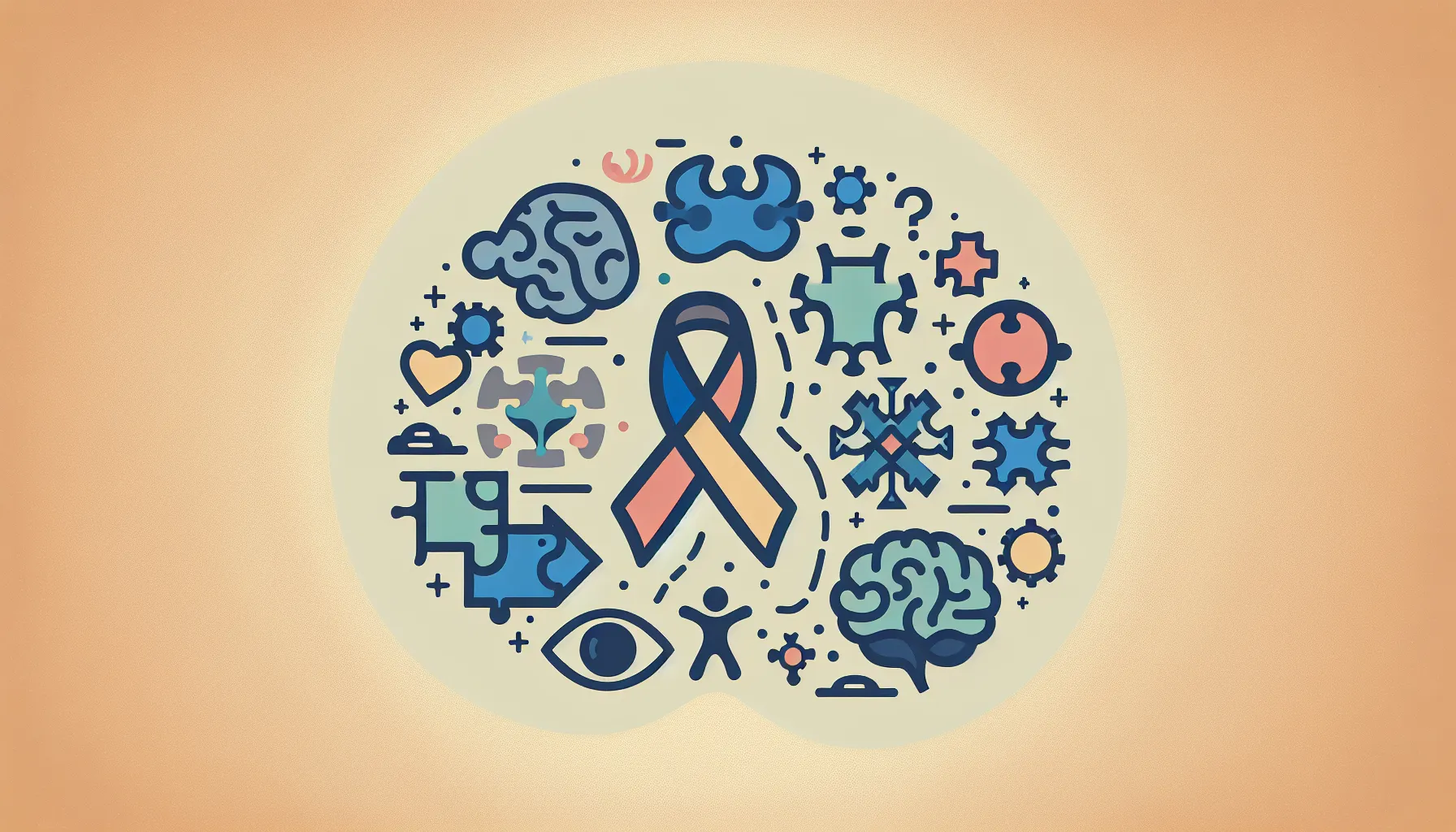Is Arizona A Good State For Autism?
Arizona’s Rising Commitment to Autism Support and Inclusion
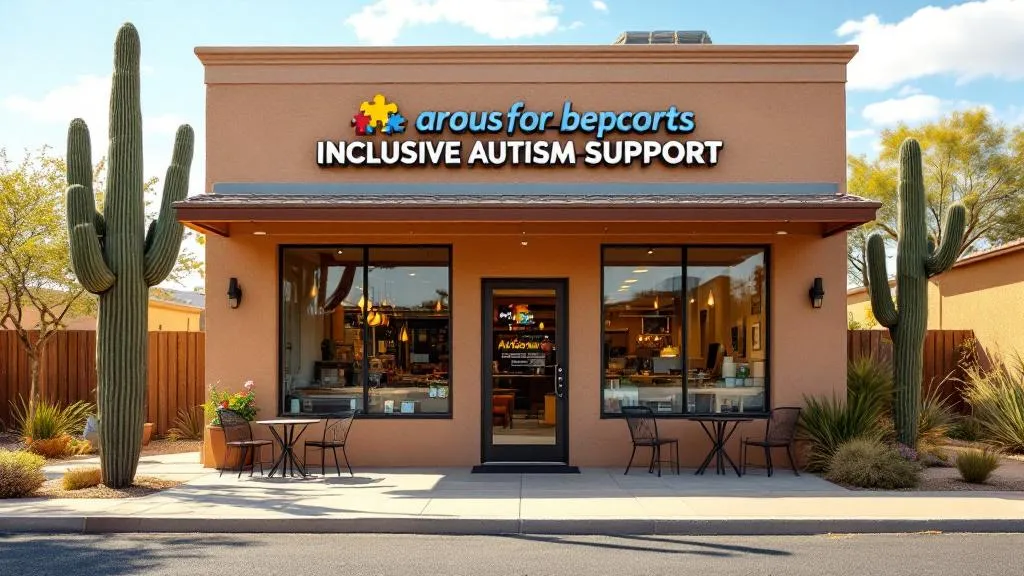
Evaluating Arizona as a Prime State for Autism Support
Arizona has emerged as a leading state in providing comprehensive resources, supportive policies, and inclusive communities for individuals with autism. From legislative initiatives to specialized educational facilities, the state demonstrates a significant dedication to enhancing the quality of life for autistic individuals and their families. This article explores the various facets that make Arizona a notable state for autism services, examining laws, support systems, environmental influences, and community engagement.
Robust Autism Insurance Legislation and Support Policies

What laws and policies typically support individuals with autism in a state?
Support for individuals with autism in any state is typically anchored by a combination of federal laws, state statutes, and specific insurance mandates. Federal laws such as the Americans with Disabilities Act (ADA) and Section 504 of the Rehabilitation Act protect against discrimination and guarantee access to public accommodations, employment, and education for individuals with disabilities. The Individuals with Disabilities Education Act (IDEA) ensures that children with autism receive free, appropriate public education tailored to their needs, emphasizing inclusive learning environments.
In addition to federal protections, many states enact legislation to provide direct support and financial relief. For example, some states have enacted autism insurance mandates that require private health insurance plans to cover treatments like behavioral therapy, speech, and occupational therapies. These laws reduce the out-of-pocket costs for families and facilitate access to essential services.
Federal programs also play a crucial role, with Social Security Disability benefits offering financial support to eligible individuals. Moreover, the Autism CARES Act funds research and community services aimed at improving outcomes and supporting families.
State-level policies often complement these federal frameworks by establishing community-based supports, vocational training, and anti-discrimination protections. The combined effect of these laws and programs helps create a more inclusive environment, ensuring that individuals with autism receive necessary care, education, and support throughout their lives.
Access to and Quality of Autism Support and Healthcare Resources in Arizona

What support services and resources are generally available for individuals with autism?
Arizona offers a wide range of services and support systems geared toward individuals with autism and their families. These include specialized therapies such as applied behavior analysis (ABA), speech therapy, occupational therapy, and other evidence-based interventions. Community organizations like the Autism Society of Greater Phoenix and the Arizona Autism Center provide support groups, educational workshops, and advocacy efforts.
Healthcare services for autism diagnosis and intervention are accessible through statewide programs and clinics. The Arizona Department of Economic Security (DES) supports vocational rehabilitation, helping autistic individuals gain employment, while various clinics and treatment centers cater to ongoing therapy needs.
Educational support in public schools is mandated by laws requiring special education and tailored classroom resources. Additionally, Arizona's autism-friendly initiatives extend to community and travel services, such as the Autism Certified City of Mesa, which features inclusive attractions and sensory-friendly accommodations.
Availability of autism therapies and clinics
Arizona boasts several reputable clinics and therapy providers specializing in autism services:
| Clinic/Program Name | Focus Area | Notable Features |
|---|---|---|
| Arizona Autism Center | General autism therapies | Located in Phoenix; 4.7-star rating from reviews |
| Center for Autism Research and Education | Research-driven approaches | Focus on innovative and evidence-based treatments |
| Action Behavior Centers (Scottsdale) | ABA therapy | Perfect 5-star rating and specialized ABA services |
| Life Skills Autism Academy | Life skills development | Combines ABA with life skills curriculum |
These centers are staffed with trained specialists, including Board Certified Behavior Analysts (BCBAs), and often collaborate with schools and healthcare providers to deliver comprehensive care.
Role of Medicaid and other coverage options
Medicaid plays a crucial role in providing coverage for autism-related therapies in Arizona. The state's Medicaid program covers behavior intervention services, including ABA, for children diagnosed with autism. This coverage helps offset treatment costs and improves access to early intervention services.
Furthermore, Arizona's insurance laws mandate coverage for autism therapies under state-regulated plans. These include individual insurance plans (not exempt from the ACA), large group plans, and small group non-grandfathered plans. While these plans offer coverage for diagnosis and behavioral therapy, they often include annual dollar caps—$50,000 for children under 9 and $25,000 for ages 9-16.
However, legal challenges exist questioning whether these caps violate mental health parity laws, which aim to ensure equal coverage for mental health and medical services. Consequently, families and individuals accessing these benefits should verify coverage details directly with their insurers.
Arizona’s commitment to autism support is also reflected in its public services, including dedicated schools and community programs, all contributing to a holistic approach to autism care and support.
Educational and Community Resources Supporting Autism in Arizona

What educational options are available for individuals with autism?
Arizona offers a diverse range of educational opportunities tailored to meet the needs of individuals on the autism spectrum. Specialized autism schools, such as the Arizona Autism Charter Schools, are dedicated to providing focused supports and therapies. These tuition-free public charter schools serve students from kindergarten through high school and are led by professionals including Board Certified Behavior Analysts (BCBAs). These schools employ data-driven instruction methods and foster an inclusive environment.
In addition to specialized schools, many students benefit from inclusive classrooms within traditional public schools. These classrooms often incorporate individualized education programs (IEPs), which are customized plans developed collaboratively by educators, families, and specialists to set personalized learning goals. Transition services are also available, especially for older students, to help them prepare for adulthood through higher education, employment opportunities, and community involvement.
Post-secondary options include colleges and universities that provide accommodations such as assistive technologies and support services designed to promote success for autistic students. Overall, Arizona’s education system emphasizes personalized, inclusive, and innovative approaches to foster independence and achievement for individuals with autism.
What community organizations and advocacy groups actively support autism in Arizona?
Arizona has a vibrant network of community organizations committed to supporting individuals with autism and their families. The Autism Society of Greater Phoenix, founded in 1973, stands as one of the oldest and most influential groups. It offers a variety of services, including educational workshops, caregiver training, social events, and advocacy programs. Recognized as the Autism Society’s Affiliate of the Year in 2024, it plays a vital role in creating connections and promoting acceptance within the community.
The Arizona Autism Charter Schools is the state’s pioneering autism-focused charter school network, providing accessible, tuition-free education tailored to students on the spectrum. Its campuses are supervised by experts such as BCBAs, ensuring high-quality and individualized learning experiences.
Other notable resources include the Center for Autism Research and Education, which emphasizes research-driven approaches to improve therapeutic and educational interventions. The Department of Economic Security (DES) offers vocational rehabilitation and employment support, helping individuals with autism find and maintain employment.
Together, these organizations contribute to a supportive ecosystem aimed at empowering individuals with autism, advocating for their needs, and fostering a more inclusive Arizona community.
| Organization Name | Focus Area | Notable Achievements | Contact Details |
|---|---|---|---|
| Autism Society of Greater Phoenix | Community support & advocacy | Affiliate of the Year 2024 | www.phoenixautism.org |
| Arizona Autism Charter Schools | Education & therapeutic services | First autism charter network in AZ | www.azautismcharter.org |
| Center for Autism Research & Education | Research-driven approaches | Focus on innovative interventions | www.autismresearchaz.org |
| Department of Economic Security | Employment & vocational support | Success stories in employment | www.azdes.gov |
States like Arizona demonstrate a comprehensive commitment to autism support through dedicated educational institutions and active community organizations, ensuring that individuals with ASD have access to meaningful resources and opportunities.
Environmental and Community Factors Impacting Autism Inclusion in Arizona

How do environmental and community factors influence inclusion of individuals with autism?
The inclusion of individuals with autism in Arizona is shaped by a variety of societal and environmental elements. Community acceptance and awareness play a crucial role; when communities understand autism better, they foster supportive attitudes and reduce stigma. This acceptance encourages the development of inclusive policies and supportive environments.
Accessible infrastructure, such as sensory-friendly public spaces and accommodations in schools and public venues, is essential. These features enable individuals with autism to participate fully in community life. Arizona’s commitment to inclusive infrastructure is reflected in its recognition as a leading state for autism services and its efforts to create autism-friendly experiences, especially in places like Mesa, which is the country’s first Autism Certified City.
Support systems, including specialized education programs and employment support from agencies like the Department of Economic Security, further promote neuroinclusion. These initiatives help individuals with autism build independence and community ties.
Environmental exposure is also a factor affecting autism risk. Certain pollutants, such as air pollution, pesticides, and heavy metals, during prenatal development and early childhood, may increase the likelihood of autism. Arizona’s efforts to ensure safer environmental conditions contribute to reducing potential risks.
Overall, a combination of societal attitudes, accessible infrastructure, dedicated support programs, and a healthier environment fosters greater inclusion and well-being for individuals on the autism spectrum in Arizona.
A State Committed to Autism Support and Inclusion
Arizona’s comprehensive approach—combining legislation, dedicated support services, inclusive educational programs, and community awareness—positions it as a leading state for autism. Its ongoing efforts to expand resources, improve healthcare access, and foster community integration make it a promising environment for autistic individuals to thrive. Continued advocacy, research, and inclusive practices will further strengthen Arizona’s reputation as a supportive and progressive state for autism.
References
- Arizona state-regulated insurance coverage
- Is Arizona A Good State For Autism?
- Autism Centers in Arizona | Parent Guide
- Visit Mesa: The First Autism Certified City in the world
- Arizona Autism Charter Schools: Homepage
- Autism Benefits by State: A Comprehensive Guide
- Autism Society of Greater Phoenix
- Autism Resources | Florida Department of Health
- Resource Guide
Does Your Child Have An Autism Diagnosis?
Learn More About How ABA Therapy Can Help
Find More Articles
Contact us
North Carolina, Nevada, Utah, Virginia
New Hampshire, Maine
Arizona, Colorado, Georgia, New Mexico, Oklahoma, Texas
.avif)

















.jpeg)














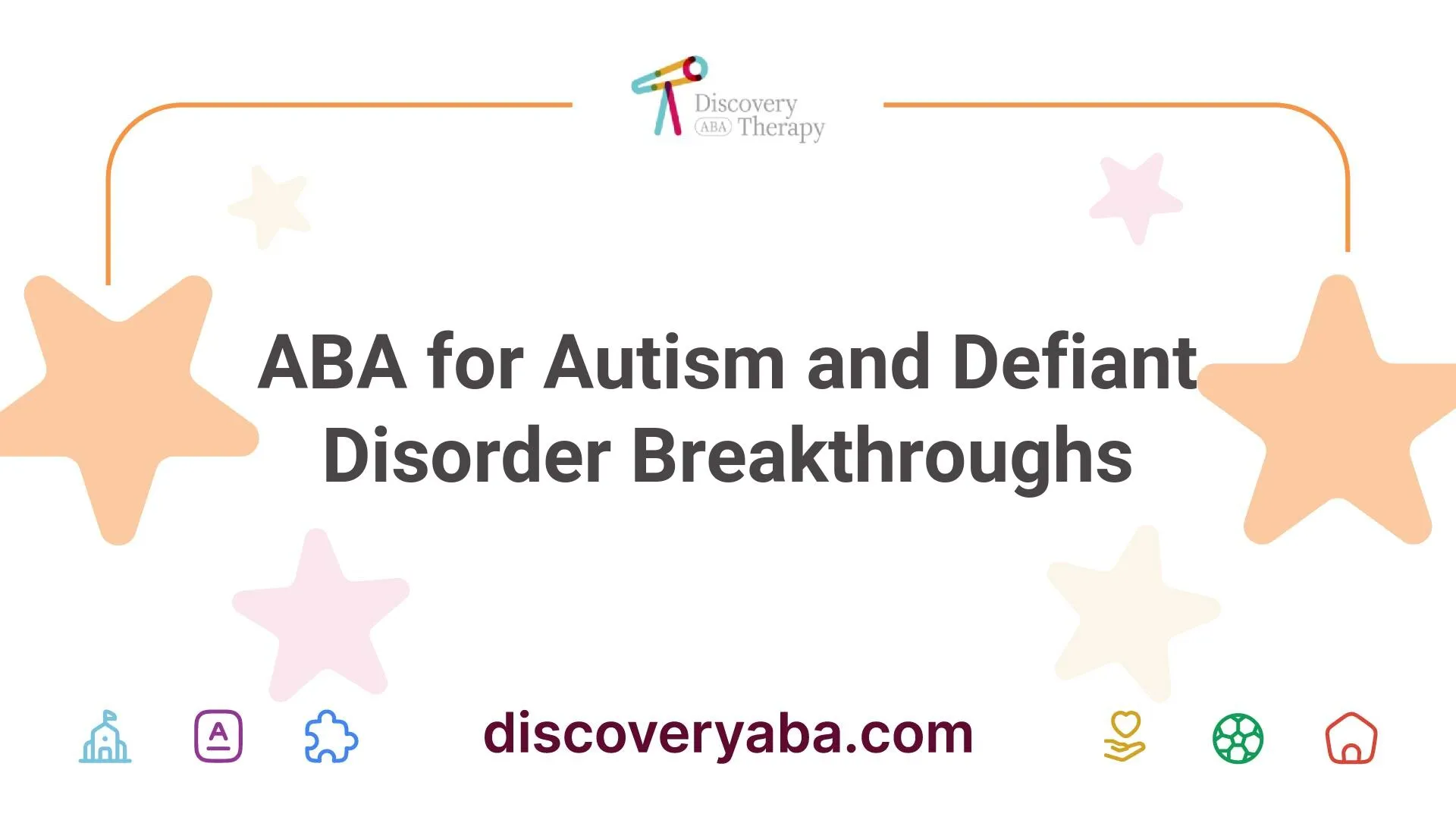












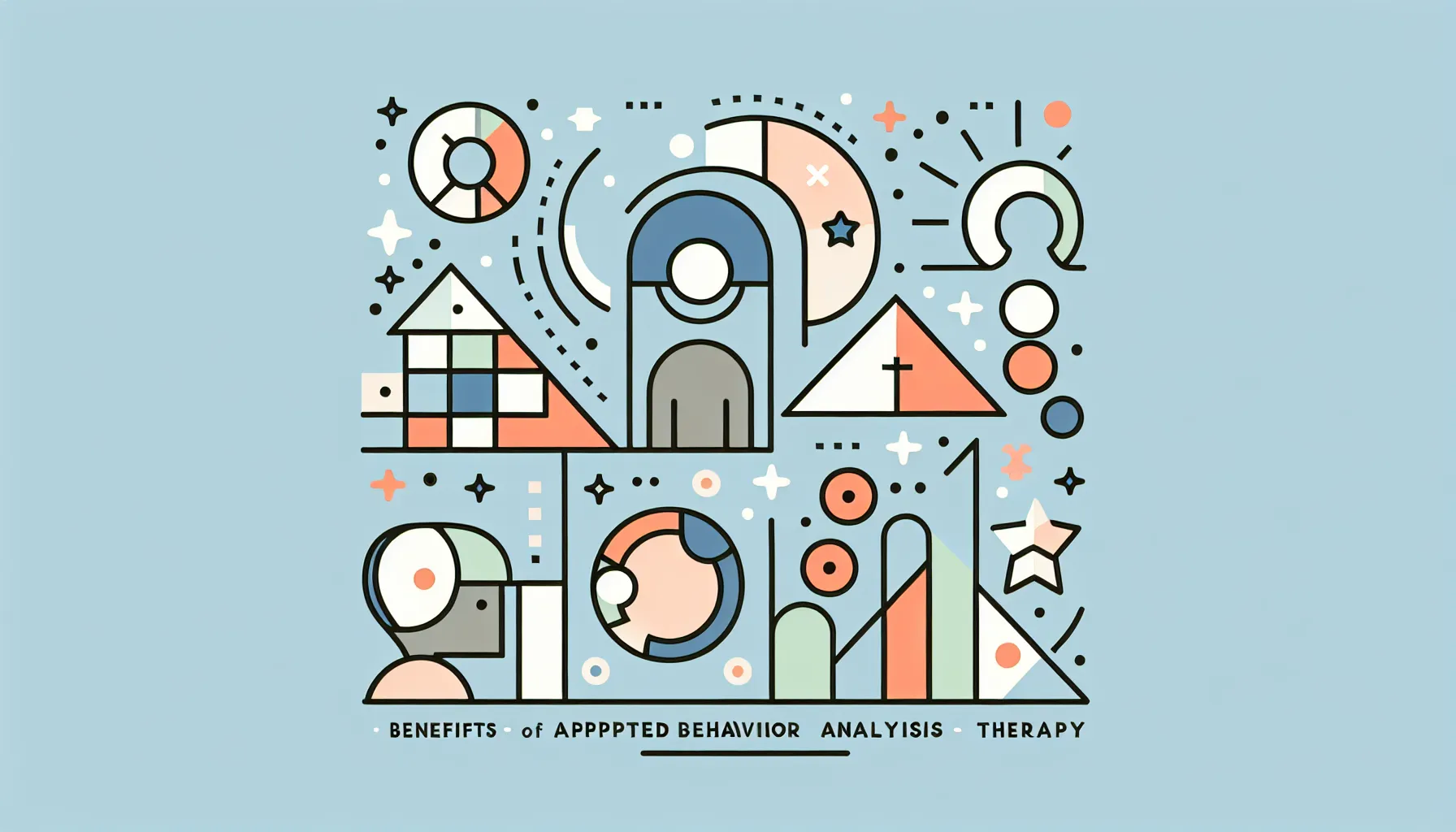






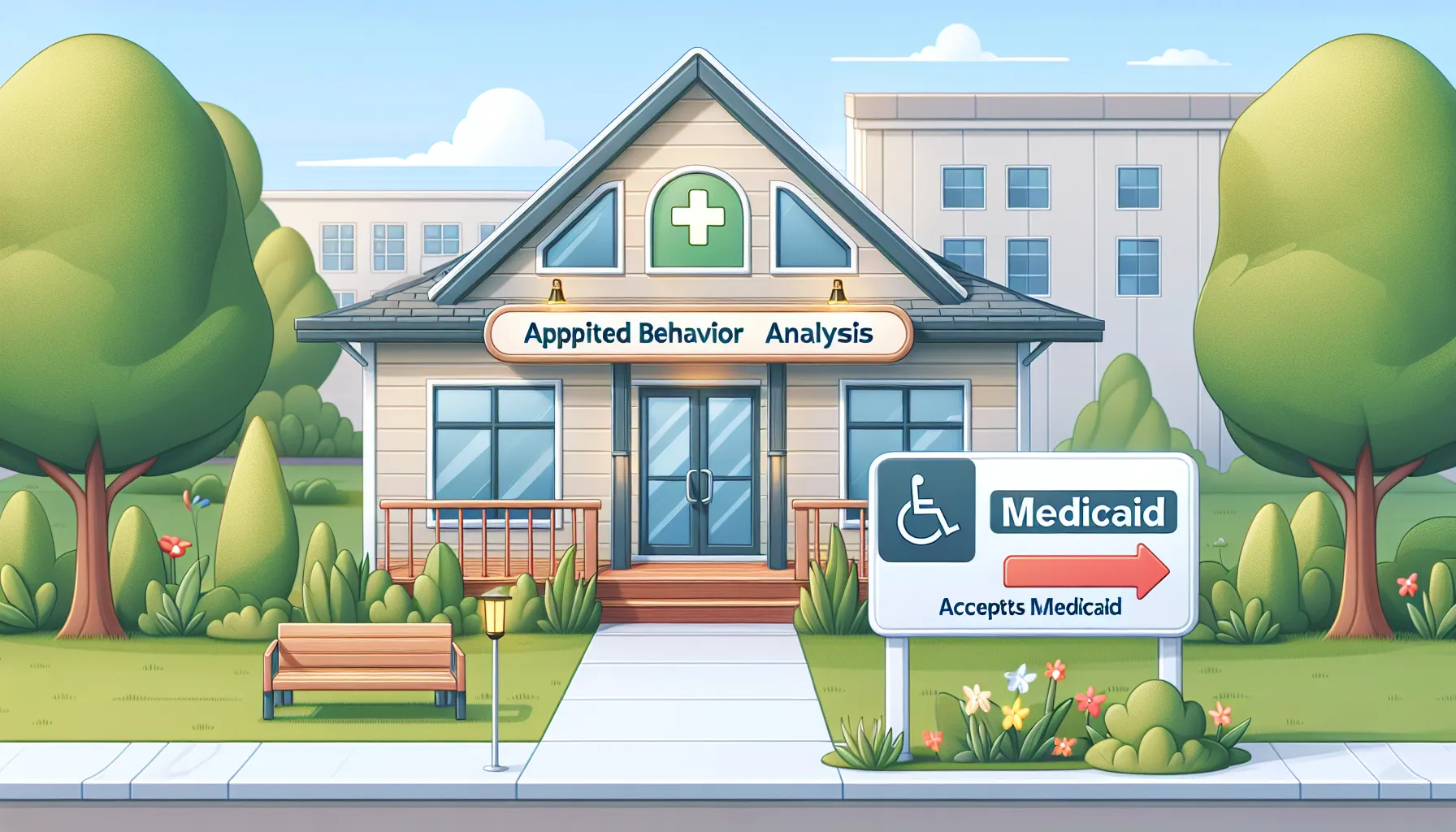




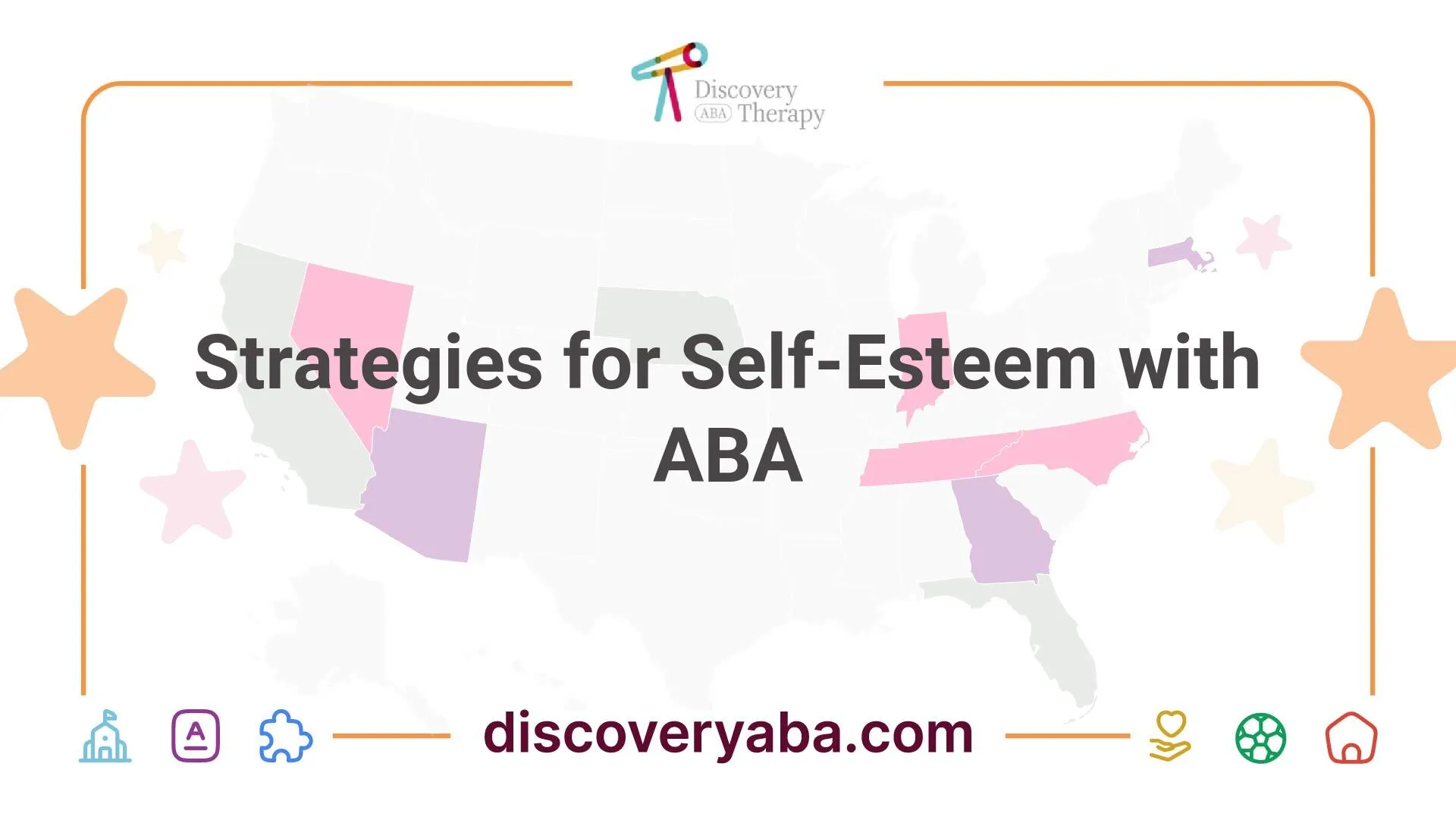




.jpeg)







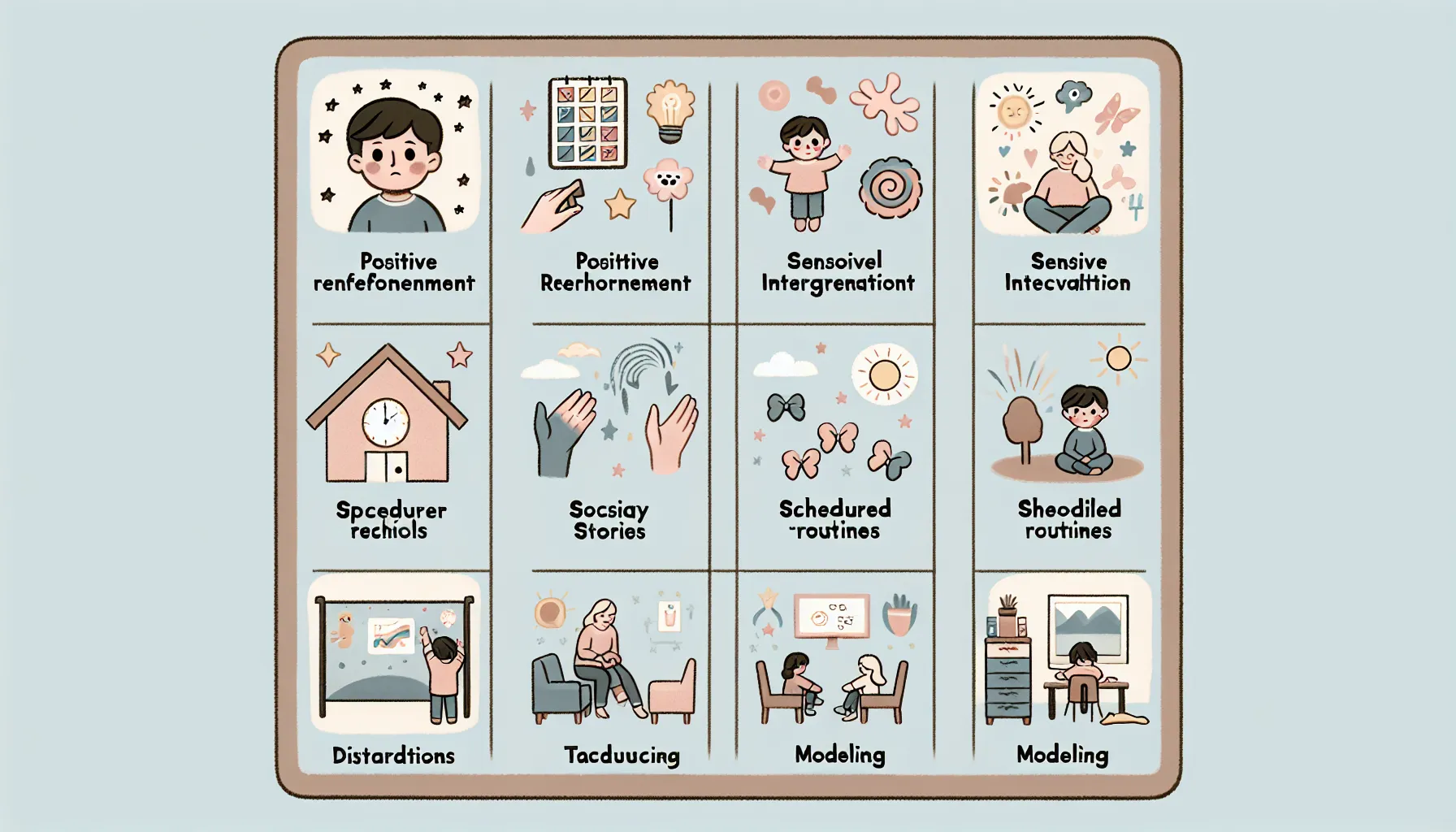

.jpeg)
.jpeg)

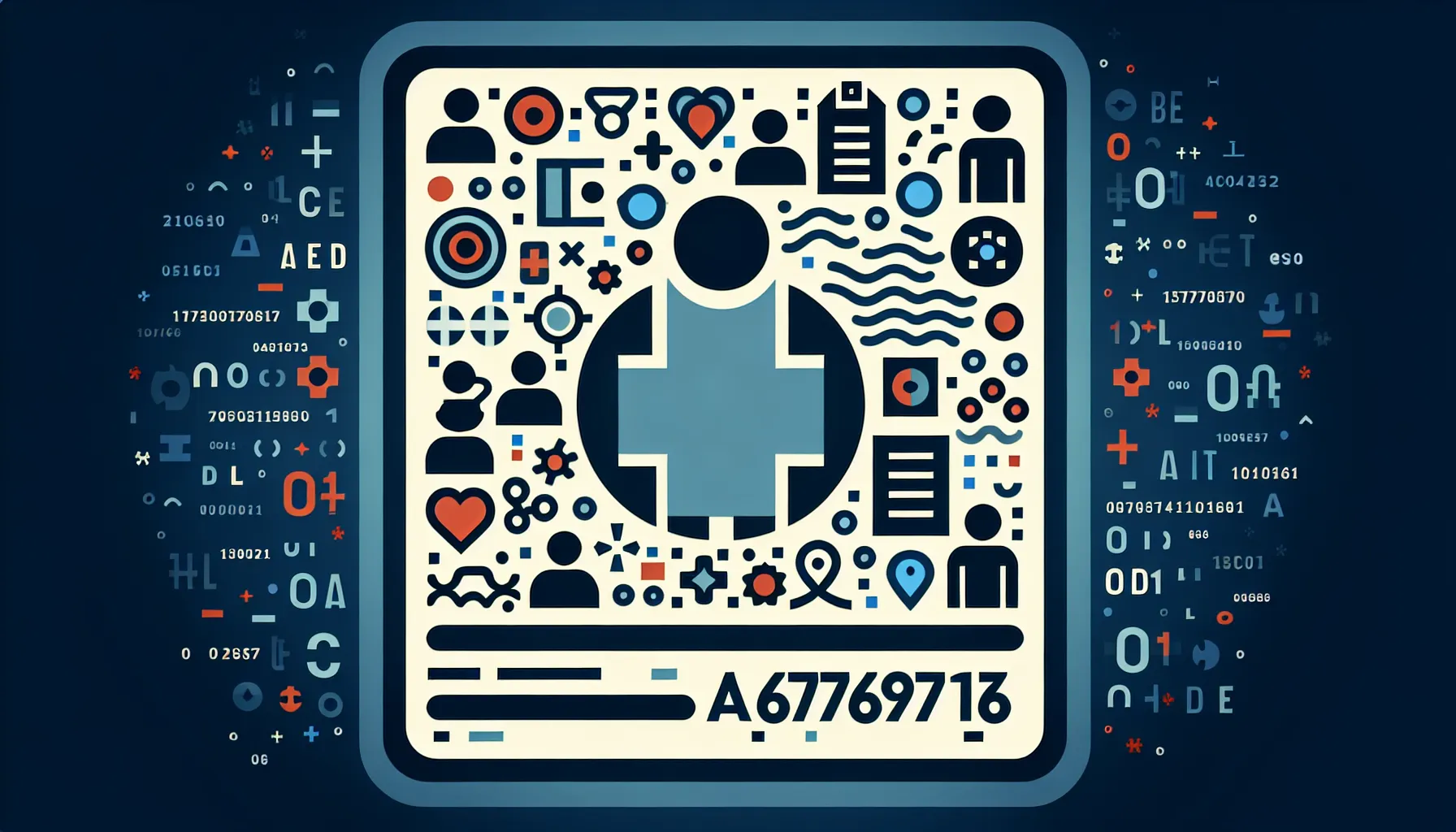

.jpeg)




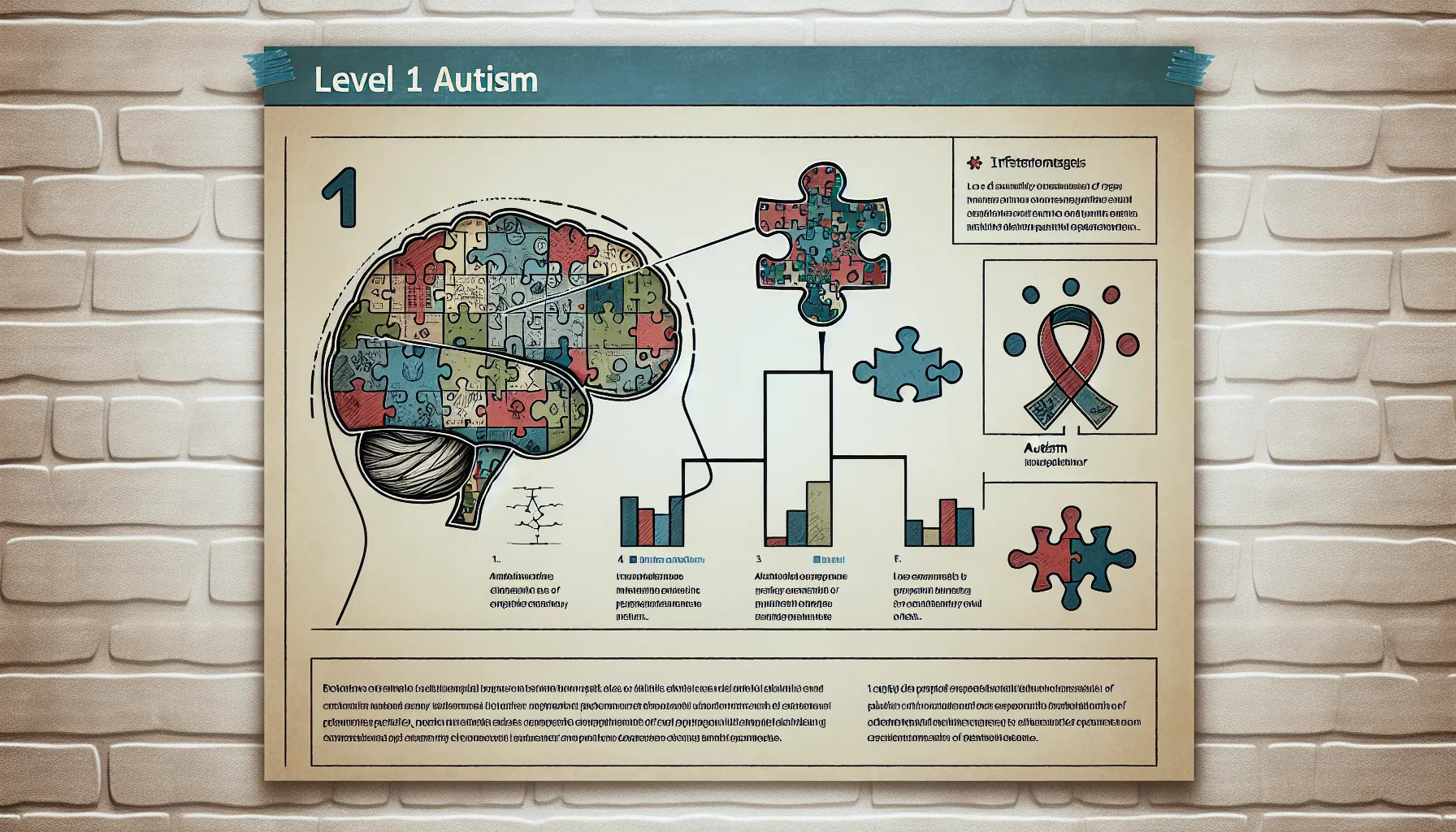


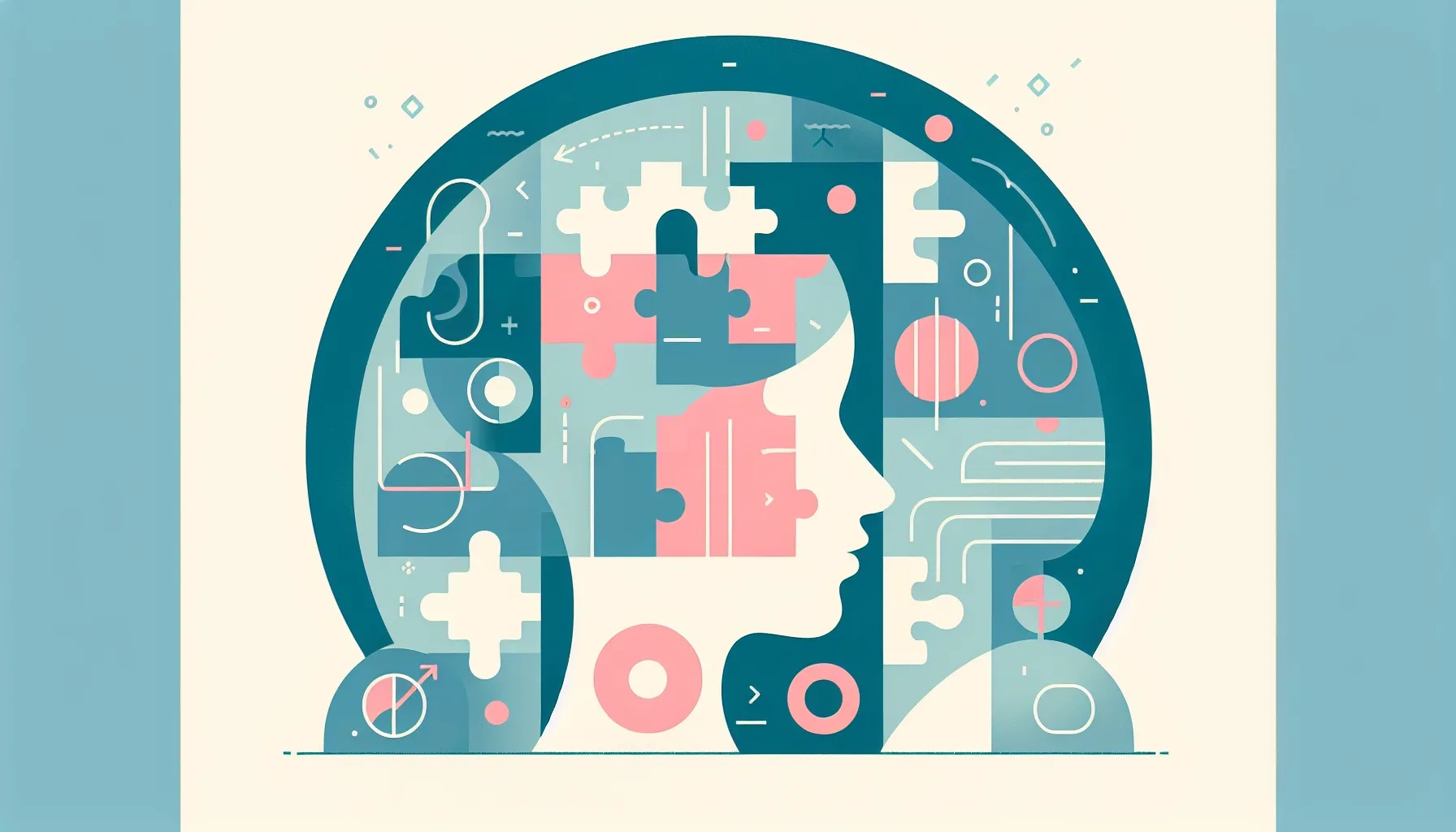








.jpeg)
.jpeg)



.jpeg)
.jpeg)
